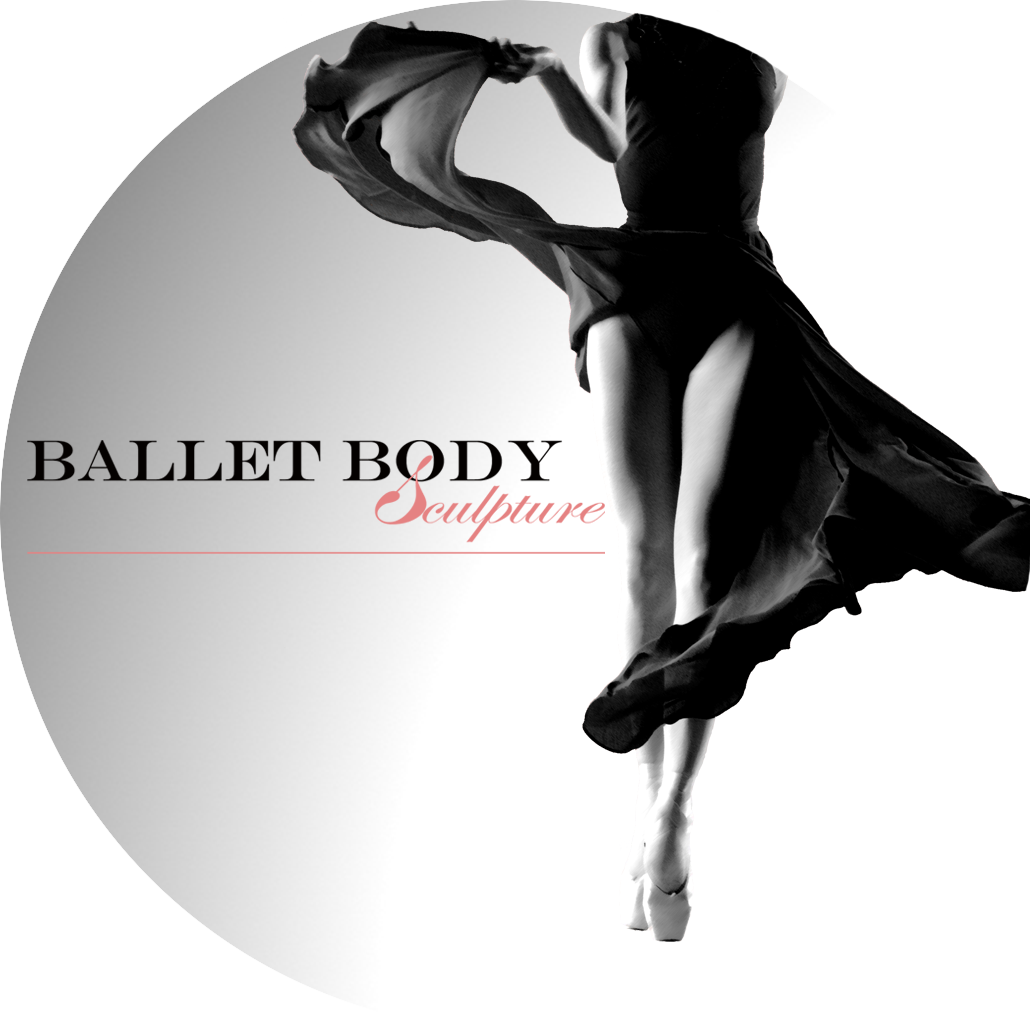How To Improve Your Self Reflection, Happiness & Life
It is important to evaluate yourself correctly and be mindful of what you do and what your actions reflect. Negative self-reflection can lead to very negative consequences, so you want to avoid that as much as possible. Self-esteem is the way we perceive ourselves and how we view ourselves and how we think others view us.
1. Self reflection. Make realistic expectations and strive for them. Carefully evaluate your accomplishments and be proud of them. Do not compare yourself to others. You do not know the struggles that they are going through. Learn more about yourself – take every day to find something out about yourself that you didn’t know before! For instance – try our Ballet Body Sculpture Classes! It will help you to disconnect from the worries, stress or negativity for the entire time of the class, whilst you will be enjoying fun motivational environment.
2. Be present. Although it may surprise you, attention is a key factor in our happiness – think about it. Being present, connecting to the people around you, being in the moment, it’s all part of being happy and it’s all connected to attention…and it’s all a little difficult at times. In a famous study conducted by Killingsworts & Gilbert, they saw that people spent 47% of their time wondering, which caused them to be unhappy. Another study looked at how hard it is for us to be alone with ourselves and our thoughts, because most people prefer to be with their phone or talking to someone than they want to sit without doing anything. Mindfulness decreases the activation of some of the “problem” brain regions that cause us to constantly crave outside stimuli (like the prefrontal medial areas and the anterior cingulate cortex).
3. Improve your resilience. Resilience is how fast we are able to recover after facing adversity and resilience can be improved. We can’t keep bad things from happening to us, but we can become better at recovering from these situations. The brain circuits implied are the prefrontal cortex and the amygdala (related to anxiety and fear). Meditation and relaxation exercises can also help improve resilience. For instance, try to develop better mind & body connection to improve your awareness at our Ballet Body Sculpture classes.
4. Have positive attitude. We tend to define happiness as subjective well-being (self-perceived) that someone feels, divided into two basic aspects: how satisfied we are with our own lives and the amount of positive or negative emotions that we feel. Psychologists, for example, understand happiness as an emotion that is produced when someone believes to have reached a goal. Or, perhaps being engaged in something meaningful and progressive.
5. Relationship with yourself. Your relationship with yourself ties in quite heavily with your self-esteem. The way you view yourself reflects on the actions that you make and the actions that you make perpetuate that image about yourself that you have. It’s a cycle and it is up to you whether it’s a positive or a negative one. Do not feel scared to try and explore new things even if they seem a bit out of your comfort zone at the start. Exploring yourself is important. Take a moment out of each day to do something that you truly enjoy. Try our Ballet Body Sculpture Stretching & Body Conditioning classes to relax your mind and to exercise that inner mind & body connection.
6. Socializing/ interaction with others in the positive environment. Humans are social beings. We thrive on our social interactions and our views about ourselves, the world and the future rely heavily upon socialization and interaction. Our experiences shape us and how we view the world. It is highly important to socialise, particularly in the positive and progressive environment.
7. Music helps to improve happiness. A study found that listening to upbeat music boosts happiness in just 2 weeks. Study participants only succeeded in improving their happiness when listening to upbeat music instead of somber music. Music increases nucleus accumbens activity, an area of the brain which releases dopamine.
8. Sleep is extremely important to our physical and mental health, it allows our body to relax and repair. If we don’t get enough sleep, we might be at risk of diabetes, high blood pressure, heart disease, stroke and a long list of other problems. Avoid eating right before you go to sleep, and try not to have heavy meals at night time. Establish a sleeping routine: know when you are waking up and when you are going to bed and try to stick to that. Participate breathing, do exercise, however, don’t exercise right before going to sleep.
9. Master a new skill. A study has shown that learning a new skill increases long term happiness even though decreasing in the moment happiness due to the stress involved. Study participants engaged in activities that connected them with others, increased competency, or met their need for autonomy. They experienced a decrease of in the moment happiness but experienced an increase of happiness on an hourly and daily basis. Why not try to learn a bit of ballet?:)
Looking forward to seeing you at our classes!
Source: https://www.ahealthblog.com






